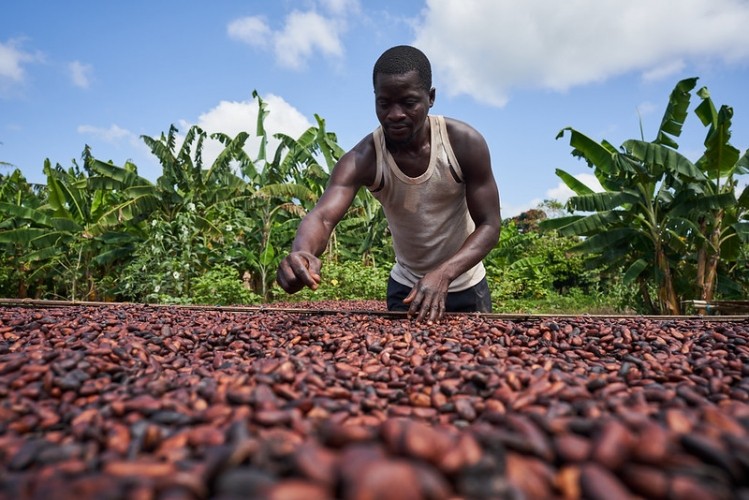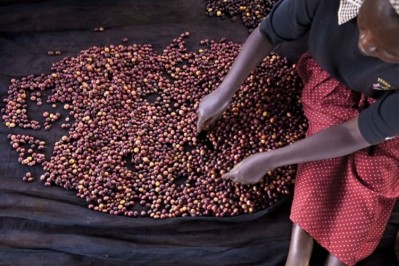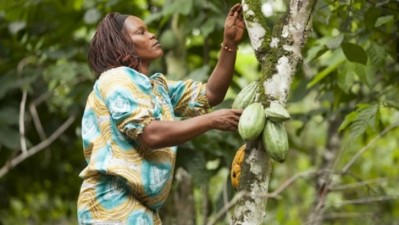Regulation
New cocoa coalition calls for tougher stance from the EU

A new coalition of cocoa companies, watchdogs and sustainability groups has urgently called on the European Union to strengthen human rights and environmental due diligence requirements of companies in the global cocoa supply chains.
Barry Callebaut, Mars Wrigley and Mondelēz International, along with The VOICE Network, Rainforest Alliance and Fairtrade said in a joint statement that the EU should look at legislation, aligned with the United Nations Guiding Principles on Business and Human Rights (UNGPs), as it is by far the largest importer and consumer of cocoa in the world.
The group says the EU should aim to negotiate bilateral agreements with cocoa origin governments to create the frameworks necessary to achieve this aim and provide financial and technical support to those governments to do so.
Regulatory and policy framework
They are also calling for the establishment of a regulatory and policy framework within the EU to ensure that companies conduct human rights and environmental due diligence in their supply chains. ‘This will help encourage sustainable cocoa production, support consumer trust and help sustain market demand for cocoa from West Africa over the long term’.
The statement issued today said: "The need for action is urgent. We welcome the publication, in July 2019, of the Communication on Stepping up EU Action to Protect and Restore the World’s Forests, and in particular its commitment to ‘assess additional demand-side regulatory and non-regulatory measures to ensure a level playing field and a common understanding of deforestation-free supply chains, in order to increase supply chain transparency and minimise the risk of deforestation and forest degradation associated with commodity imports in the EU".
Draft regulation
The coalition said that in line with this commitment, it wants a consultative process around its proposals: A strategy for sustainable cocoa production; Encouraging sustainable cocoa production: the case for EU due diligence regulation; due diligence obligation; Implementing the due diligence obligation; Reporting obligation; Scope of the regulation; Partnerships with producer governments for sustainable cocoa aiming for a draft regulation to be published no later than the end of 2020.
“We strongly believe that we all need to take action together to effectively address some of the systemic human rights and environmental challenges in the cocoa supply chain. National governments must enforce and strengthen their own labour, child protection and environmental laws, and companies have a responsibility to conduct due diligence to identify risk, jointly evaluate remediation and take action which is proportionate to their exposure to the human rights and environmental risk.
“Therefore, we think an EU-wide approach to due diligence will benefit all actors in the supply chain in terms of a clear and consistent set of rules and common intent,” a spokesperson for The VOICE Network said.
“We are looking forward to working with relevant authorities, the rest of the industry and various stakeholders to discuss what is proposed. We invite others to endorse our Joint Position Statement.”
The statement was welcomed by Julia Christian, forest policy adviser at Fern, the forests and rights NGO: “Companies are known more for opposing laws which regulate their activities, than promoting them. So today’s statement by some of the world’s biggest chocolate companies calling for laws regulating cocoa supply chains, is commendable, and a watershed moment. It’s also a potent sign of the urgent need for regulations to end the deforestation and human rights abuses that have disfigured the cocoa industry for decades.
“These companies’ intervention tallies with what NGOs have been saying for years: that leaving industry to self-regulate is not enough, and that laws placing clear obligations on all actors in the cocoa supply chain are required. Companies and governments pledged to end deforestation by 2020, and have been trying to end child labour for almost 20 years. Another approach is needed. This is an important step towards it.”













